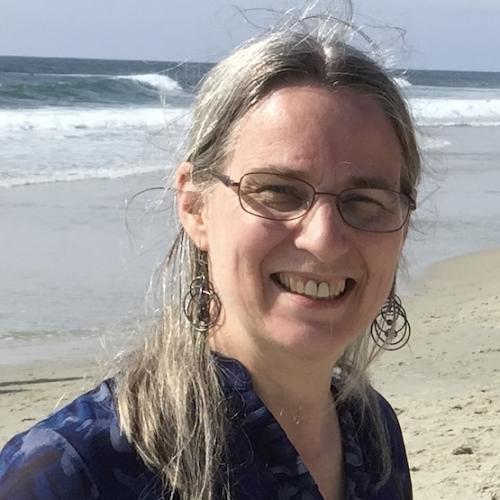Agents with Free Will: A Theory Grounded in Quantum Physics
paper Menu
Does free will exist? It feels that way. We experience choosing freely among different possible actions, and these choices seem to have effects in the world. Yet the mainstream view among scientists is that our choices are entirely a function of neurobiological processes unfolding according to the laws of physics. Our intentions, the argument goes, play no causal role in our actions except as a high-level description of complex, underlying, physically determined processes in our brains and bodies. If this mainstream view were overturned, the implications for human society and for artificial intelligence would be profound. This paper explores a scientifically wellfounded theory in which intentionality plays a fundamental causal role in our behavior. We begin by defining a set of properties that formalize the concept of genuine free will. We then present a theory of agency that satisfies these properties and is fully consistent with the laws and precepts of quantum physics. Next, a roadmap is given for evaluating the theory. Finally, implications for science, engineering, and philosophy are discussed.

